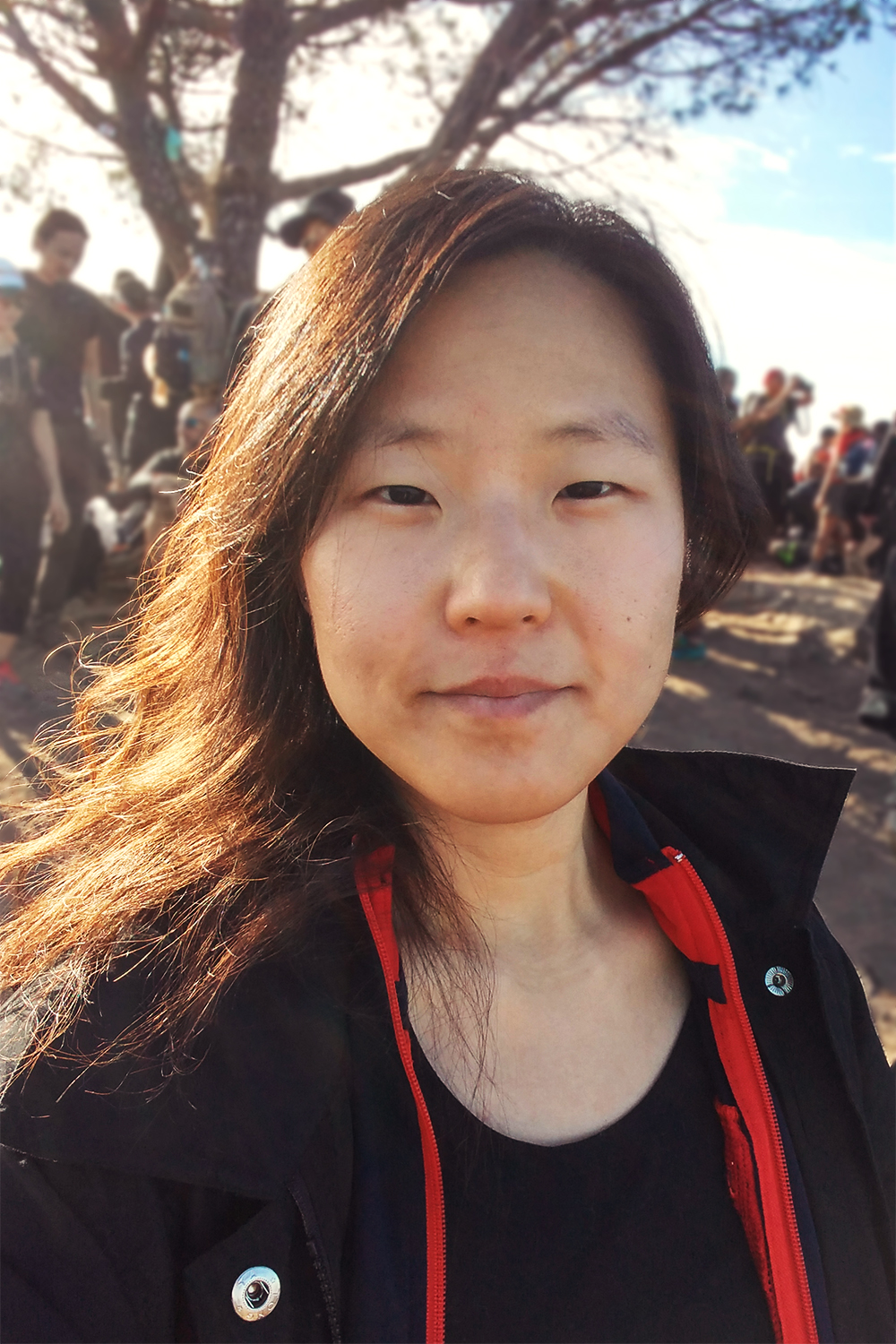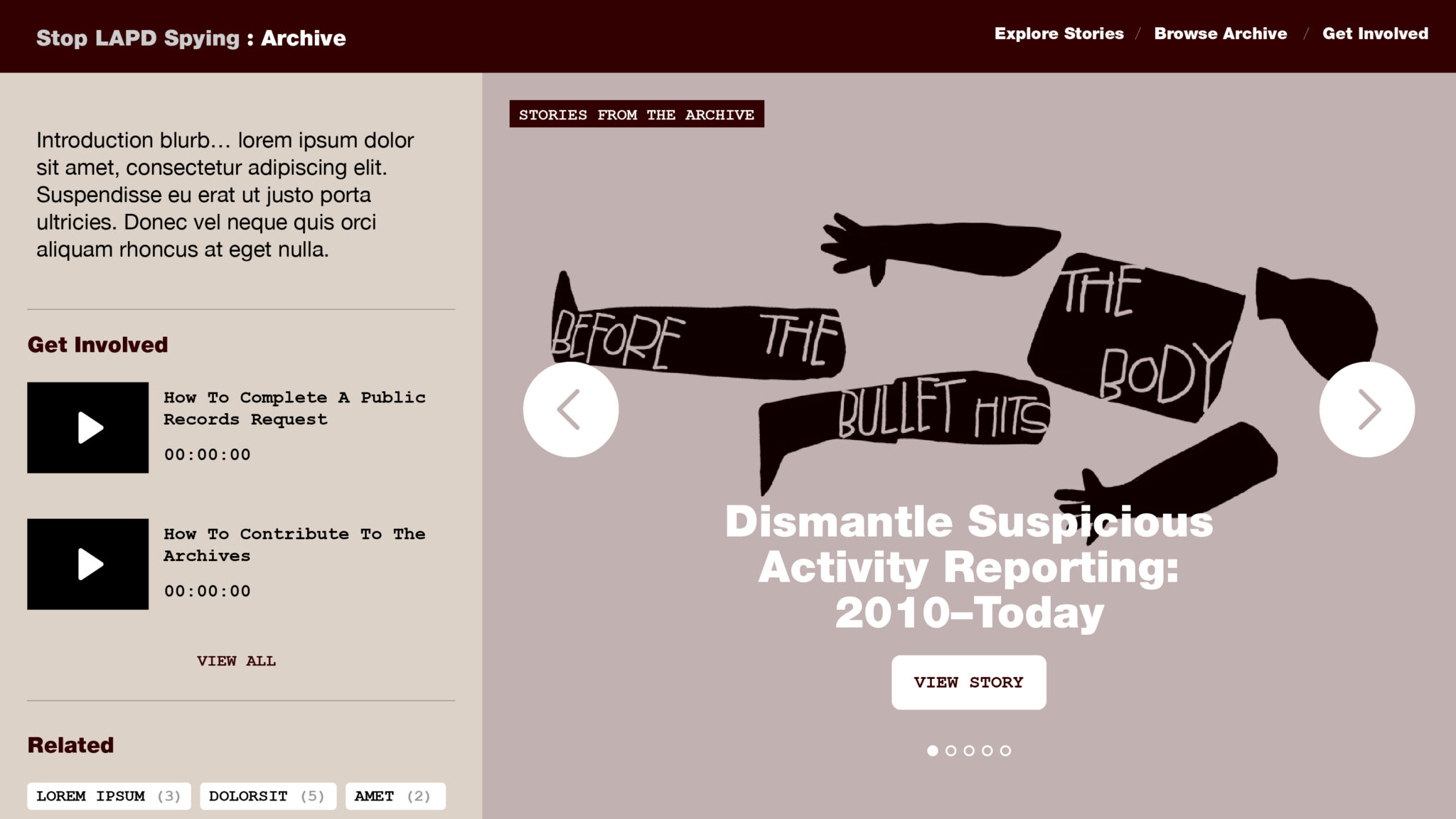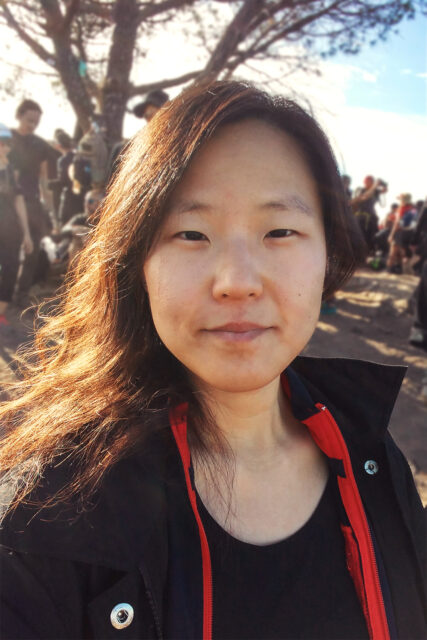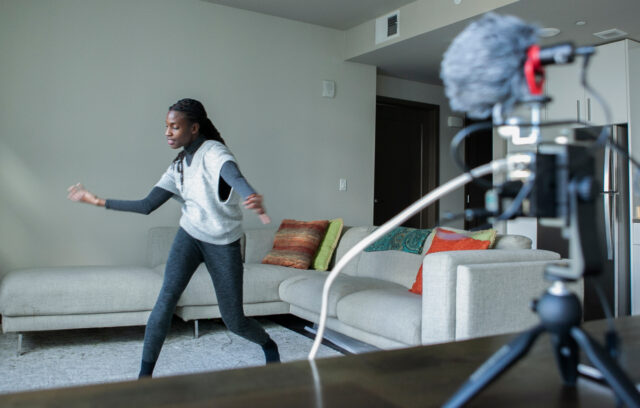What was your focus during your time at Eyebeam?
The coalition told me in 2019 that they had received numerous documents from government agencies under the Public Records Act (PRA) that they wanted to make publicly accessible. To support the coalition in instrumentalizing the form of a community-based (an)archive [pictured] for the ever-growing number of documents it is receiving, I built a small, committed core team for which I was the researcher. In the archiving process, we interrogate the state language of these documents, and we will continue to cut up and rupture the meanings of these documents as we see fit.
Was there a culminating project?
We developed a 30-minute-long documentary, which is available on Eyebeam’s YouTube channel, that features a series of interviews and explains our conceptual approach to the archive as we were thinking about it at the time. We are aiming to do a soft launch of the archive within the next couple of months.
How has dialogue or collaboration with Eyebeam artists and alumni factored into your work?
I see interesting overlaps in terms of the framework through which Veil Machine, the sex worker art collective, approaches the archive. I also follow in fascination the works of [Eyebeam Artist 2020] Valencia James with the Volumetric Performance Toolbox, and [Eyebeam Artist 2020] Xin Xin, who recently released the Critical Coding Workbook, for how technology can be democratized and decolonized. Additionally, [Eyebeam Artist 2020] Kyle McDonald has been an active volunteer in SLSC as a great and gracious computational tools person.
How do you think about the role of the artist in society?
I like to think that artists are overly confident amateurs. We can create and intervene how we’d like, while being able to evade expertise through the justification of being an artist. The nicest thing about being an artist is that it’s almost like an intention you take on. If done carefully, it can become a question of ethical practice.





